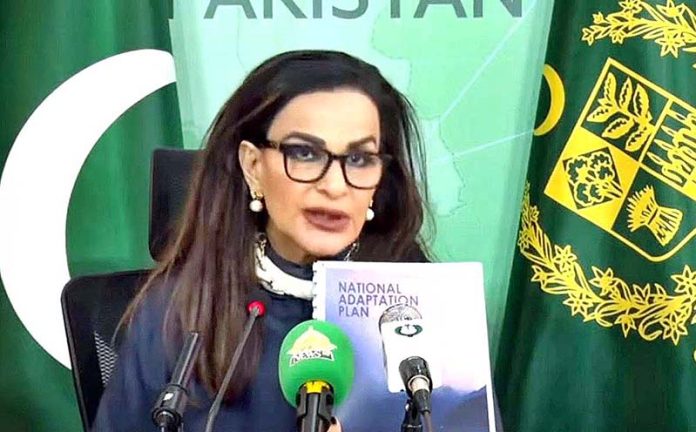- Advertisement -
ISLAMABAD, Apr 25 (APP):Senior Pakistan People’s Party (PPP) leader Senator Sherry Rehman on Friday strongly rejected India’s allegations linking Pakistan to the Pahalgam incident, calling them baseless and politically motivated.
Speaking in the Senate, she said that all political parties had unanimously passed a resolution, sending a clear message to India that the entire nation stands united.
“This House strongly denounces the attack and reaffirms its stand against terrorism—a challenge Pakistan itself has faced due to foreign interference, including from India,” she said.
She pointed out that the attack took place in a high-security zone, exposing serious security lapses on India’s part. Even Indian officials, she said, had admitted to failures in security, especially since the area had recently been opened to tourists without coordination with local authorities.
Senator Rehman said the Indian public was beginning to question the narrative being pushed by the Modi government, and internal discussions in India had highlighted the same concerns.
Reiterating her party’s longstanding position on the Kashmir issue, she said, “From Shaheed Mohtarma Benazir Bhutto to Chairman Bilawal Bhutto Zardari, the PPP has always defended Pakistan’s stance on Kashmir and raised its voice for the Kashmiri people. It was the PPP that declared February 5 as Kashmir Solidarity Day.”
She condemned the demographic changes and ethnic cleansing in IIOJK. “India has changed the constitutional status of IIOJK and is using force, including tanks, to silence the people there,” she added.
Sherry Rehman also accused the Modi-led government of “water terrorism, violating long-standing treaties.
She warned that this strategy could destabilise the region. “Even in Modi’s first term, there were clear efforts to use water as a political tool, violating treaties that have been held firm through wars in 1965, 1971, and the Kargil conflict.”
She stressed the importance of the Indus Waters Treaty, which has ensured water sharing between both nations for decades. “India is now trying to dismantle this framework. In 2022, India began paralysing the Permanent Indus Commission (PIC), halting meetings and data exchange vital to water diplomacy,” she explained.
Rehman said India’s actions are not isolated but part of a broader campaign to disrupt cooperation on water issues. “India must realise that its rivers also come from or pass through neighbouring countries. If they choose to weaponise water, they should be ready for the consequences,” she warned.
She also criticised India’s refusal to engage in regional cooperation against terrorism. Pakistan has consistently offered joint efforts to tackle terrorism, but India has always ignored them. Our concerns are real, and the world must take notice,” she said.
Highlighting growing hostility from across the border, she pointed to dangerous rhetoric from Indian political leaders calling for attacks on Pakistan. “These statements are reckless and threaten regional peace,” she said.
She “We do not want war, but we will not compromise on our sovereignty.”
Criticising Indian media, she said, “Their channels continue to spread hatred. Let them be reminded Pakistan is a democratic, nuclear state that seeks peace but will defend itself when provoked.”

